Could you be addicted to your fitness tracker?
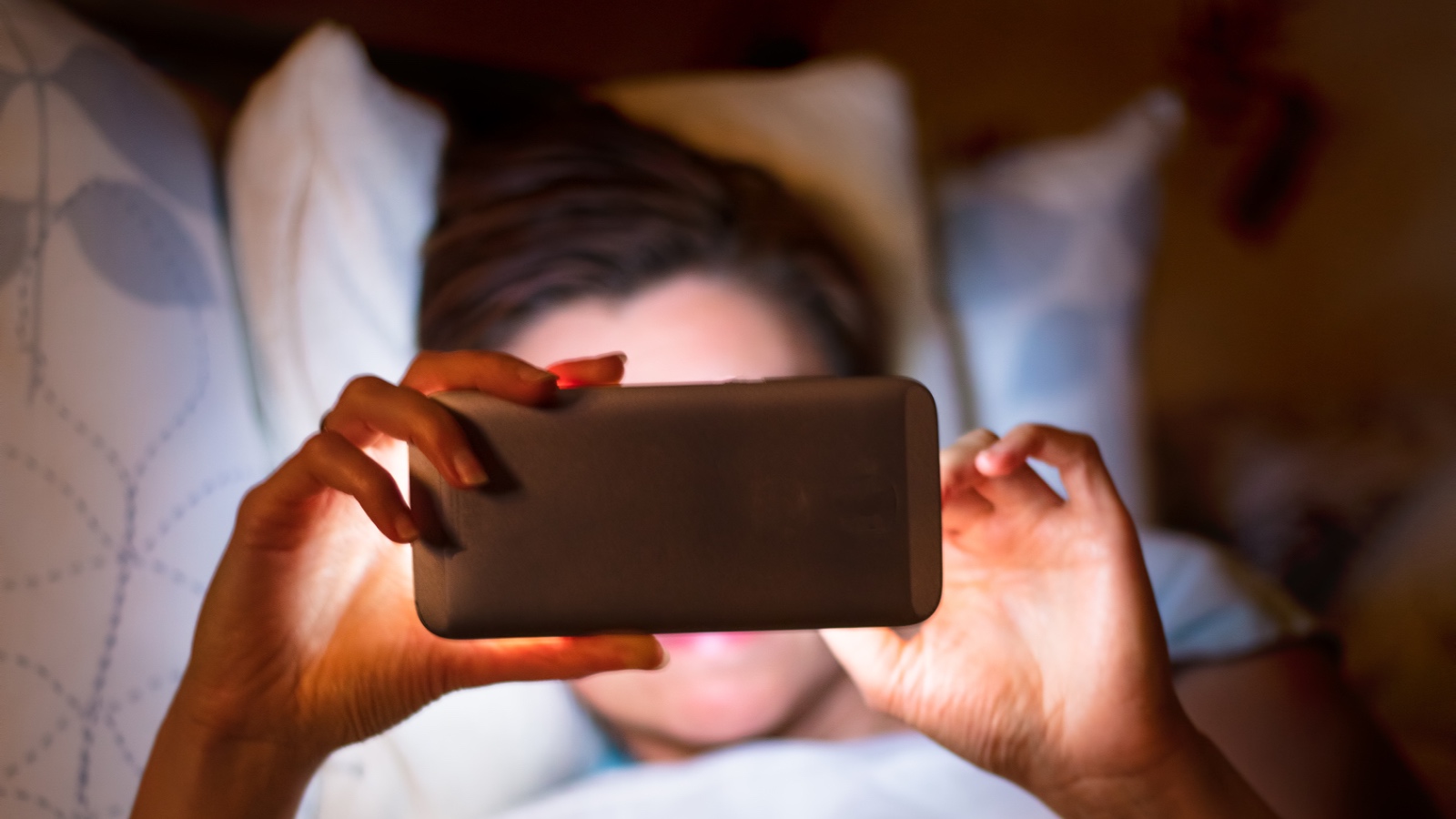
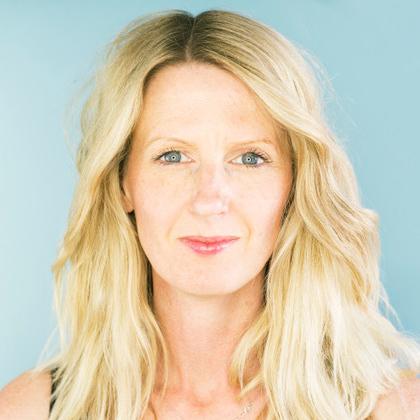
When it comes to setting goals and monitoring progress, tracking gadgets and apps can give us the edge. But when does our obsession with health data get out of hand?
Could you be addicted to your tracker? At bedtime, if her wearable shows she’s short on steps, Kelly, 48, will stride around the kitchen in her PJs to clock up the quota. “Thanks to having one of the best fitness trackers, I have to meet my daily step target," she admits. "If I don’t, it niggles me and I can’t sleep.”
And, on the topic of sleeping, bouts of menopausal insomniahave seen Lisa, 54, on a mission to clean up her sleep routine, too. “I’m sleeping so much better, but I am a slave to the tracker,” she says. “At the weekend, I left a fun dinner party before dessert because I got a notification telling me that I should be in bed.”
Does this behaviour sound familiar to you? Could you also be using your fitness tracker a bit too much? Here's what you need to know...
Why it's so easy to be addicted to your tracker
Is health tracking becoming an obsession? Studies show we’re relying more on data-driven tech to transform how we look and feel. In the UK, 47% of people own a wearable health tracker or are planning to buy one in the next 12 months. Plus, it’s estimated the health and fitness app industry is worth around £460 million. Do you use yours to nerd out on 10K times, cut out sugaror monitor booze intake? A fitness tracker will do the behind-the-scenes brainwork, leaving you to smash the goals. So, it’s no wonder they’re addictively appealing.
Can being addicted to your tracker be a good thing?
In a word, yes. There are some big benefits when it comes to using an activity tracker. Notification reminders and the instant reward of seeing achievements motivates us to succeed. “These apps improve the serotonin levels in the brain, as they show us progress,” says Dr Arghya Sarkhel, consultant psychiatrist at Living Mind.
And he's not the only expert who believes the same. “Logging or inputting data renders your actions more tangible, making you more accountable to them," adds dietician Bari Stricoff. "These apps can facilitate sustainable lifestyle shifts.” Consistent tracking pinpoints any trends or triggers that affect your decisions. “There’s no denying the regularity of my 11pm snack cupboard raids when they’re logged in all their glory,” admits dieter Jenny, 44.
Sign up for the woman&home newsletter
Sign up to our free daily email for the latest royal and entertainment news, interesting opinion, expert advice on styling and beauty trends, and no-nonsense guides to the health and wellness questions you want answered.
You may already track food, exercise and sleep. But, what about sun exposure or mood fluctuations? Fitness trackers can help us take a truly holistic approach to health. “Imagine how powerful it would be to log how often you feel fatigued, bloated, stressed, depressed, anxious, happy or hopeful,” says endocrinologist Dr Minisha Sood. “By keeping track of your moods as well as your physiological data, you’ll be able to make connections that might have previously gone unnoticed. This can help you make better health decisions.”
But are there downsides to our health trackers?
There can, though, be a downside. “Monitoring your food intake can be positive," says Bari. "However, tracking specific calories and macronutrients when dieting can quickly become obsessive. Focusing too much on the numbers, rather than how you feel? Then potentially step back from the app.”
Dr Arghya agrees. “If someone has a specific obsession, then tracking may increase this. Ideally, the data should be used alongside advice from as a doctor, fitness instructor or nurse on how to interpret the stats,” he says.
Sharing success within an app-driven community is encouraging. However, healthy competitiveness can turn into feelings of inadequacy, warns life coach Lucy Sheridan. “Data can distort what’s considered ‘normal’, because we don’t get a view on the context. If we do not handle these apps carefully, we can get into a cycle of not-enough-ness. This is where our individual progress feels insignificant in comparison with others. We get caught up in measuring what we are not doing, rather than what we are achieving,” she says.
How can we sensibly track our health then?
“Checking in regularly to see how these trackers make you feel is key,” says Bari. “If the data is having a negative impact on your mood, re-evaluate how you use this technology.” Lucy suggests defining your own goals before you log on. “This will stop you from going off track no matter what you see others reporting,” she says. “And we need to focus on our offline progress – the apps should work for us, not the other way round!”
It may be that we need the occasional data detox. On a recent holiday, Susie, 52, left her wearable at home. “Apart from some slow strolls along the beach, my step count was abysmal. I was mostly asleep on a lounger, so why make myself feel guilty by tracking that?” she says. Which is the ideal attitude!
Senior Health Writer Ali Horsfall has almost 15 years experience as a journalist and has written for national print titles and women’s lifestyle brands including woman&home, Woman, Woman's Own, BBC magazines, Mothercare, Grazia and The Independent. She currently specialises in health and fitness content and loves sharing the best expert advice on staying well.
-
 How to charm your in-laws: the ultimate guide to keeping the peace
How to charm your in-laws: the ultimate guide to keeping the peaceDiscover how to strengthen your in-law relationships, one thoughtful gesture at a time
By Natalie Denton Published
-
 Aldi's affordable bedding is actually made by my favourite sleep brand - it's got more than your duvet covered
Aldi's affordable bedding is actually made by my favourite sleep brand - it's got more than your duvet coveredAldi's Anti-Allergy Bedding has arrived in the middle aisle and it's more affordable than the best mattress toppers, duvets, and mattress protectors out there
By Laura Honey Published
-
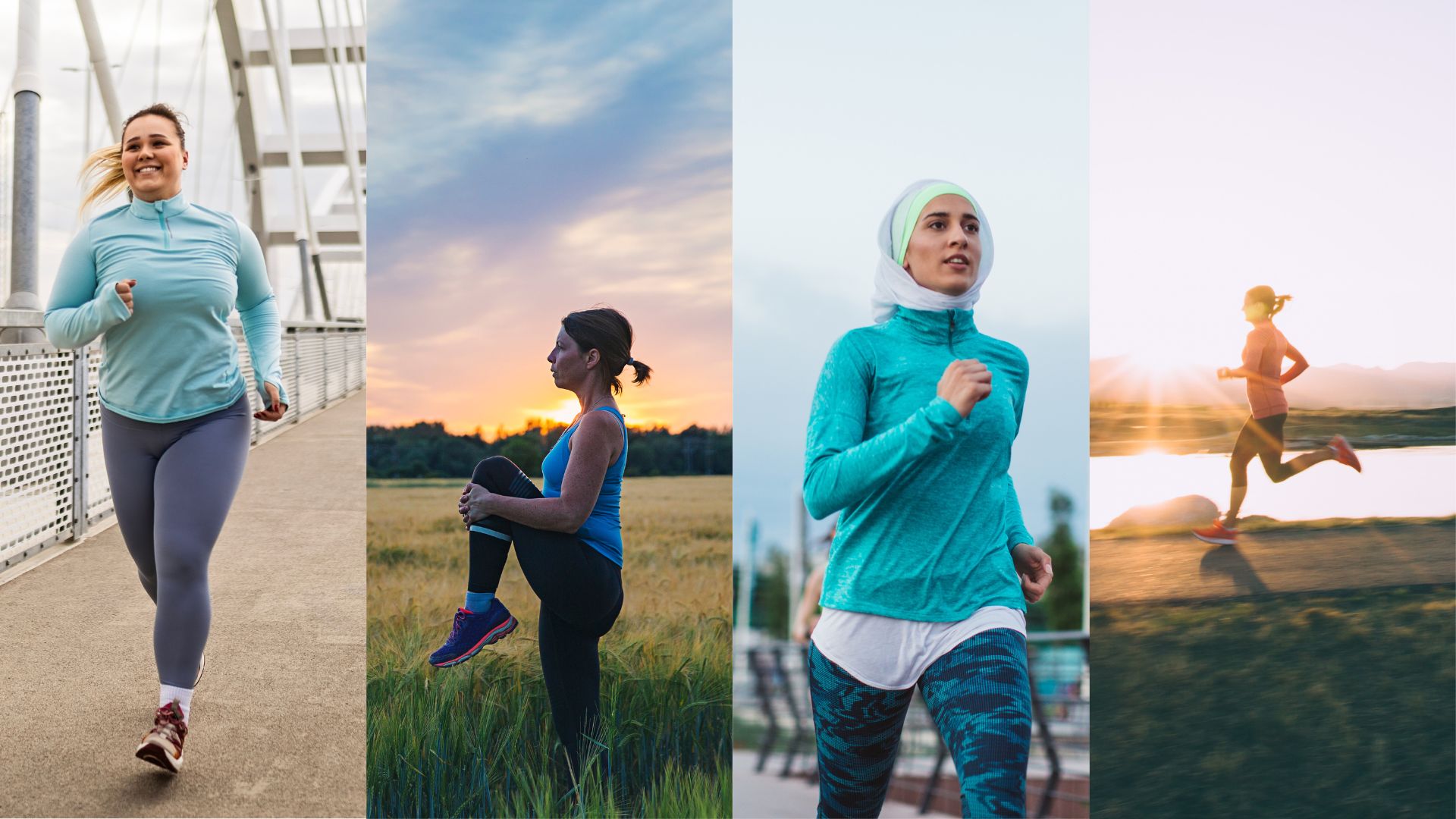 Tips for running your next marathon, whether it's your first race or you're a seasoned marathoner
Tips for running your next marathon, whether it's your first race or you're a seasoned marathonerFrom race fuelling to recovery, these handy tips can get you through your training, from your first run to race day
By Grace Walsh Published
-
 Easy everyday habits to up your fitness stamina
Easy everyday habits to up your fitness staminaOut of breath and out of shape? Try these fitness hacks to up your game
By Natalie Denton Published
-
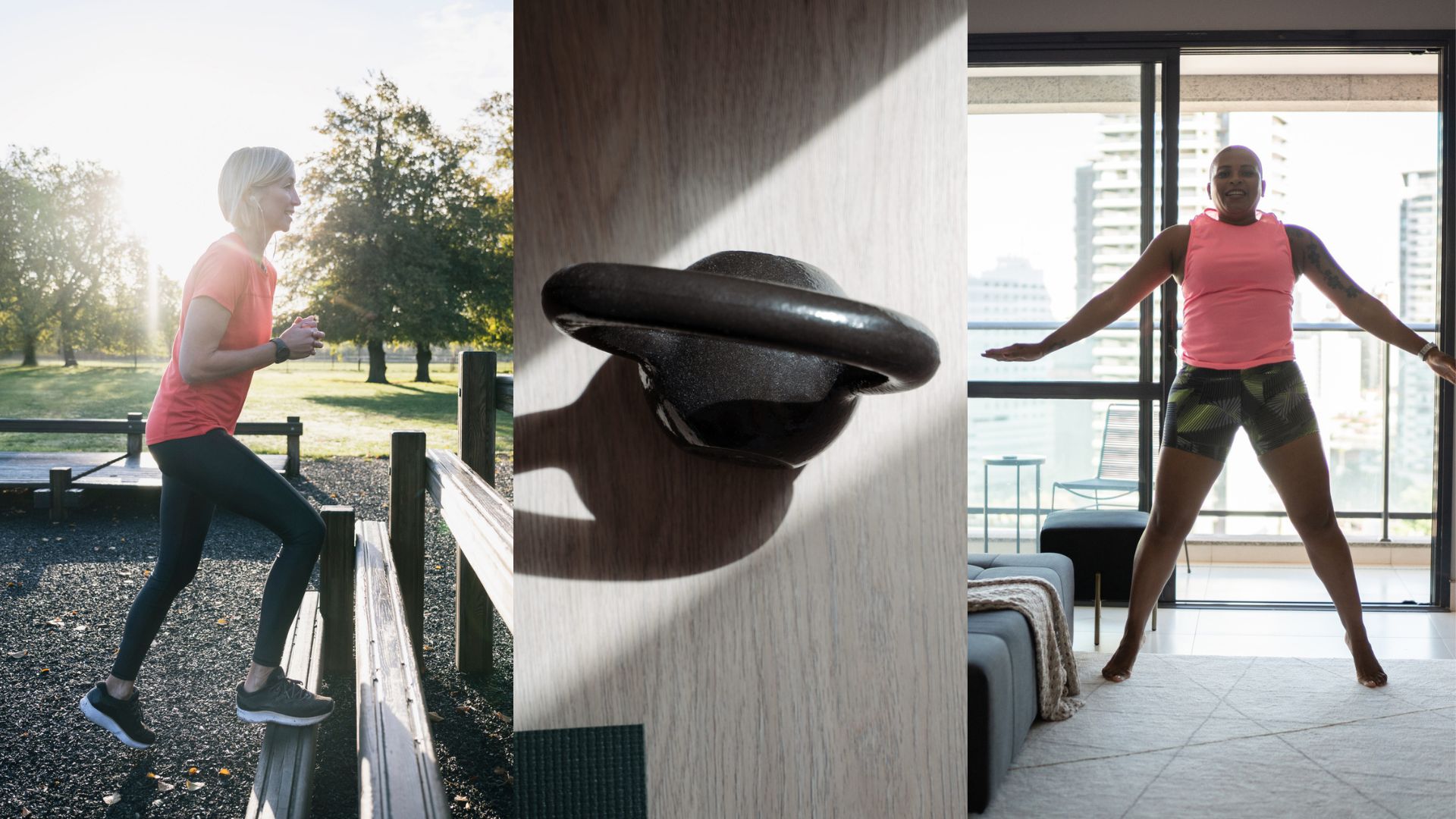 32 exercise snacking ideas to boost your activity at home or the office
32 exercise snacking ideas to boost your activity at home or the officeExercise snacks are small bursts of movement to keep you active throughout the day. Here are some ideas to incorporate into your workout plan
By Grace Walsh Published
-
 32 essential hiking tips for beginners to get onto the trails or into the mountains
32 essential hiking tips for beginners to get onto the trails or into the mountainsIf you're new to hiking, having a list of need-to-knows can make all the difference and help boost your confidence on the trails
By Grace Walsh Published
-
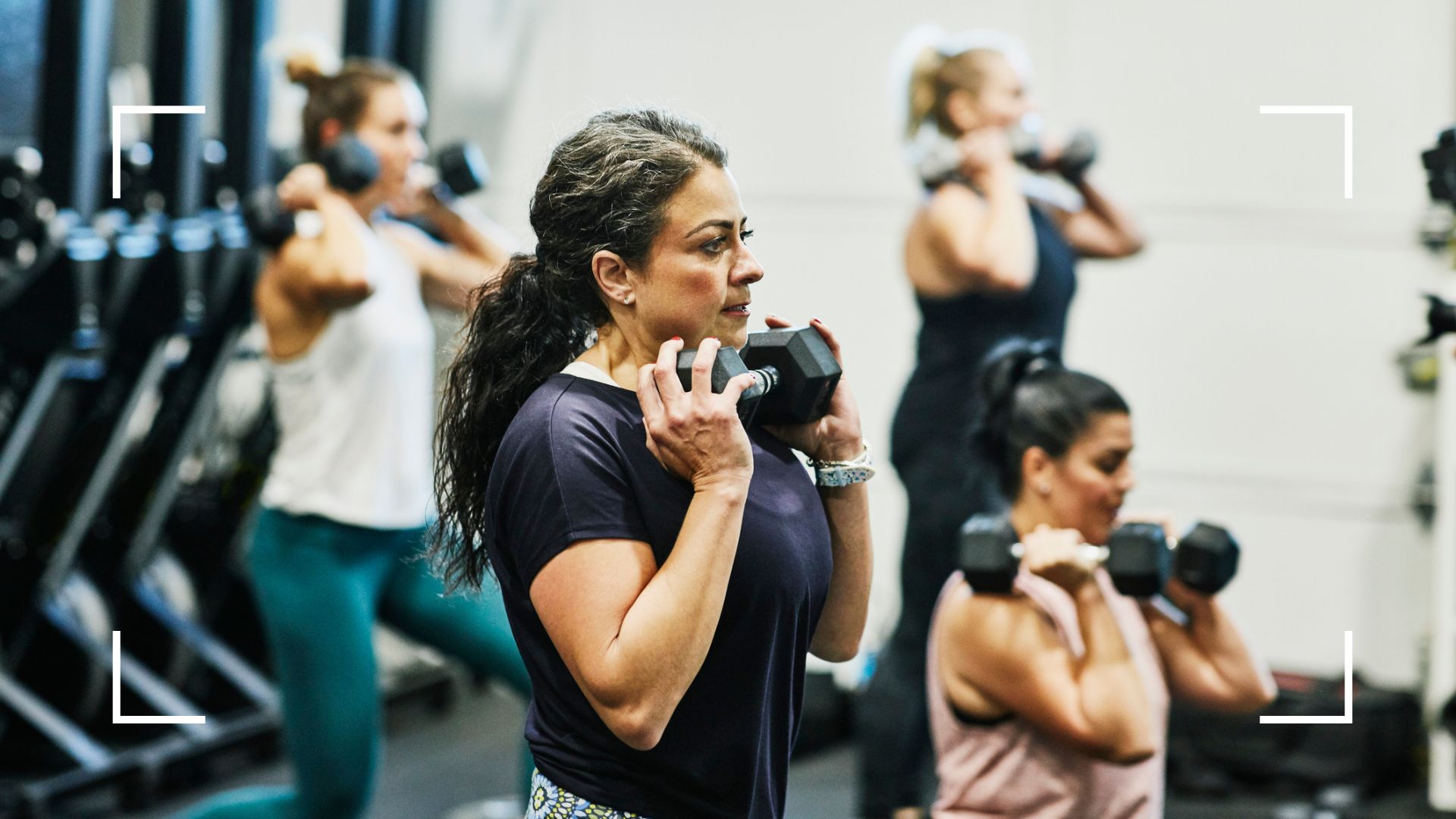 What your metabolic age really says about your health (and how to calculate it)
What your metabolic age really says about your health (and how to calculate it)Knowing your metabolic age can be helpful in ensuring your fitness levels are on track...
By Ali Horsfall Published
-
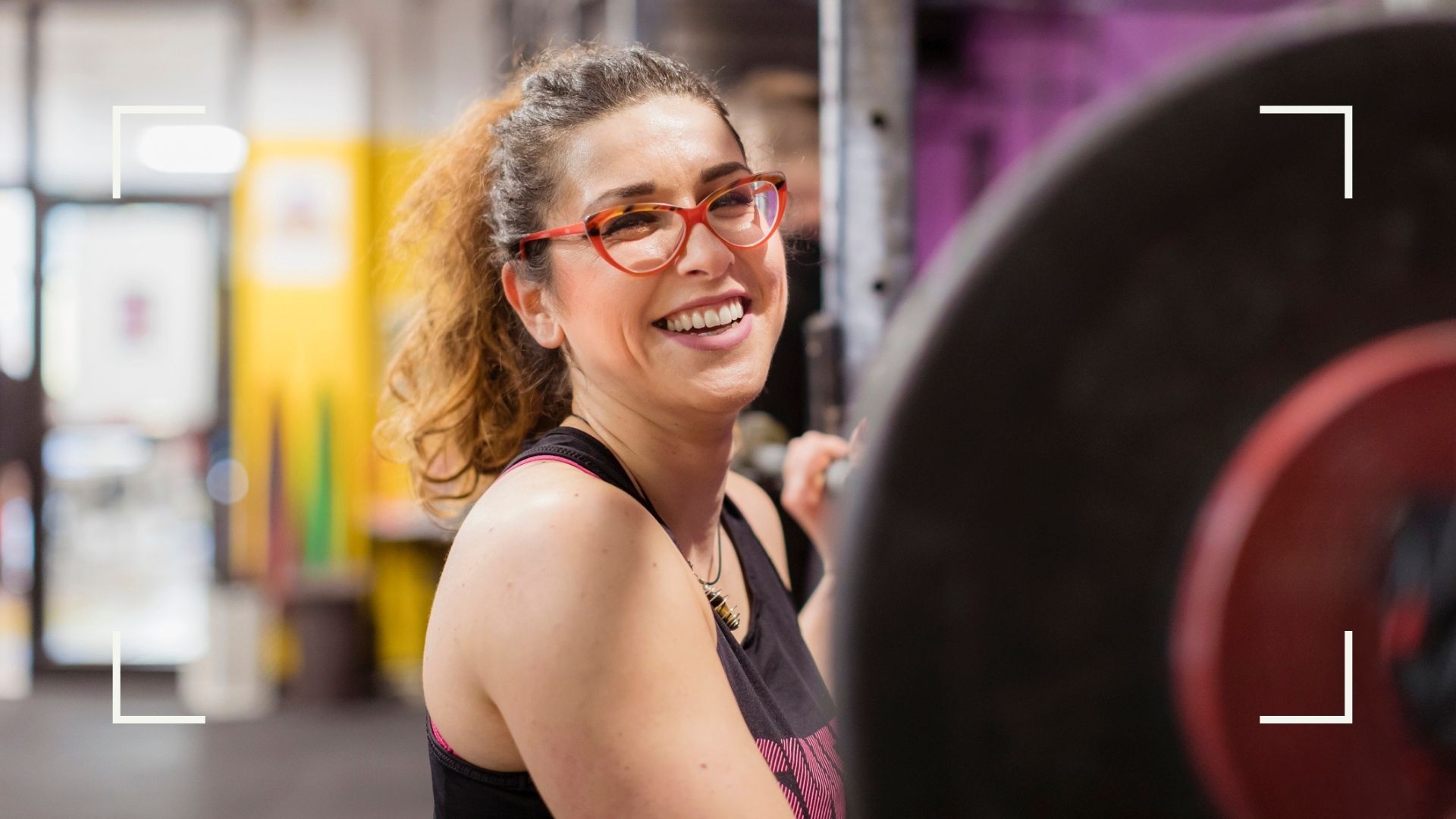 How much exercise per week do I need to do?
How much exercise per week do I need to do?How much exercise per week you need to do depends on a whole variety of factors, from workout routine to sleep schedule
By Grace Walsh Published
-
 Fitbits vs Apple Watches: what are the differences between the two?
Fitbits vs Apple Watches: what are the differences between the two?By Amy Hunt Published
-
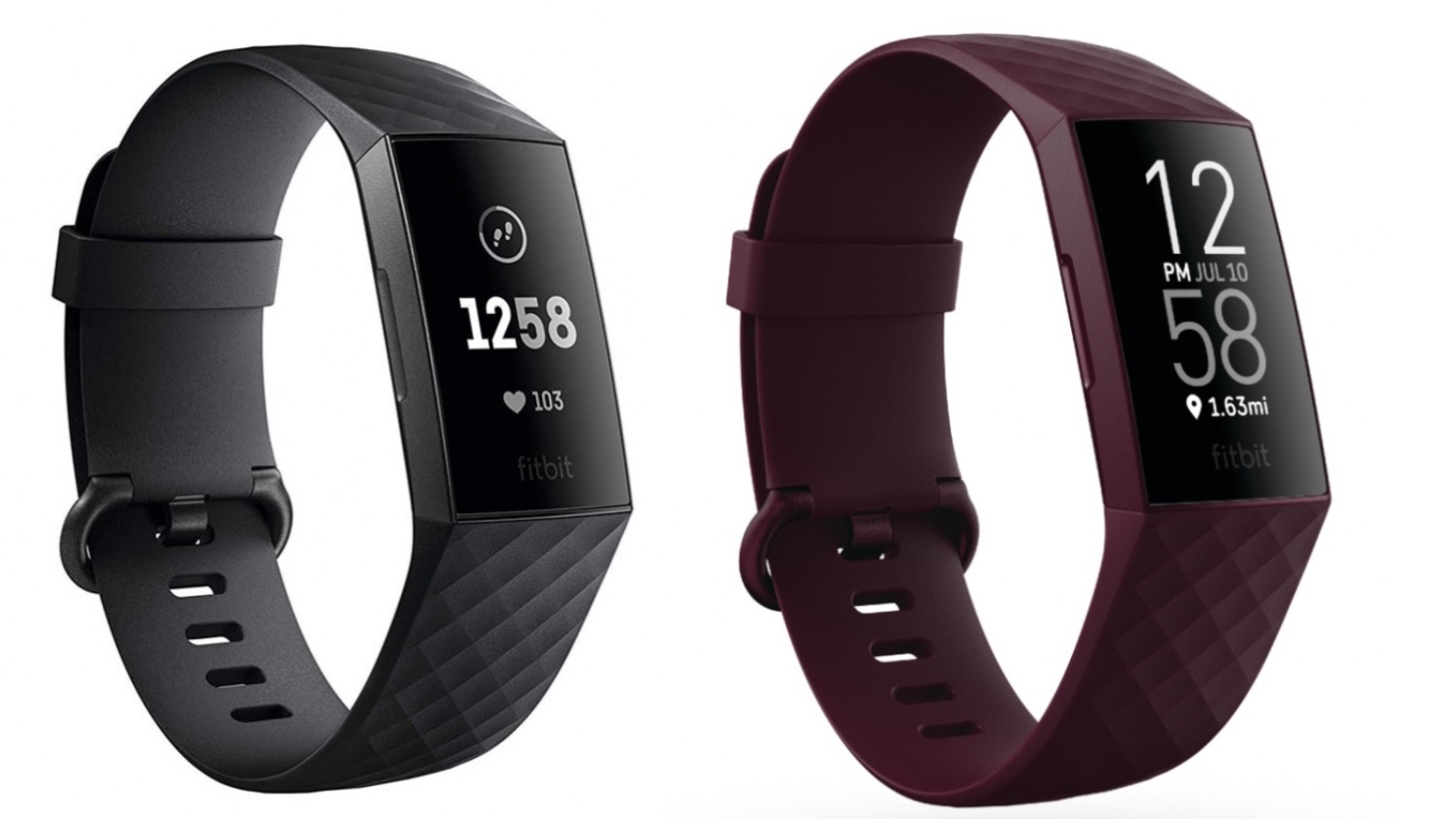 Fitbit Charge 3 vs Fitbit Charge 4: what is the difference between the older and the newer fitness tracker?
Fitbit Charge 3 vs Fitbit Charge 4: what is the difference between the older and the newer fitness tracker?By Amy Hunt Published